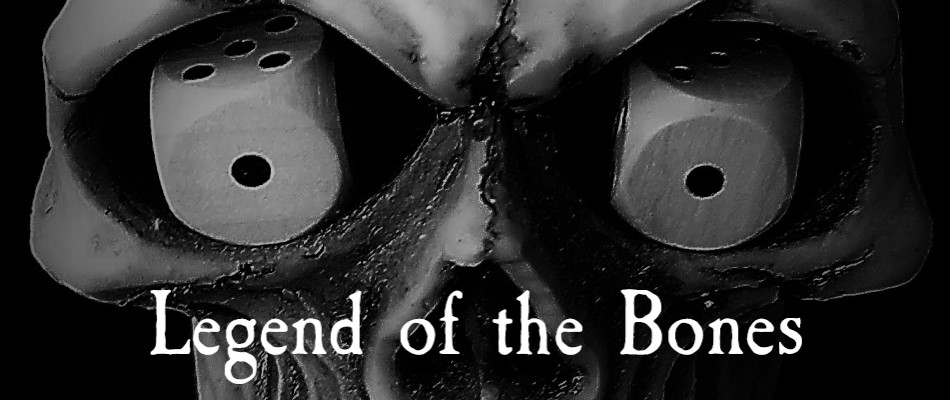Magic in Legend of the Bones is rare, difficult to master, and dangerous. Mages are rare, and as such held in awe and revulsion in equal measure.
On average, mages make up just 0.01% of the population
There are 3 disciplines of magic, and whilst there is some overlap, in the spell lists, the disciplines are distinct.
Hedge Magic is the discipline attuned to the natural world. It is linked to the folk belief known as ‘The Old Ways’ and is practised extensively in cultures considered pagans by followers of The Nine. Mages practicing this sphere of magic could be seen similarly as the legendary mage-like figures from the iron-age British Isles. for example, Merlin, Nimue and Rhiannon.
Arcane Magic is the broadest discipline and is practised by magic users of all dispositions. Arcane mages are focused on pushing the boundaries of what the sentient mind can achieve.
Sorcery is chiefly concerned with dark, malevolent magic, and is often practised by those seeking power over demons and the dead. Sometimes known as Demonologists, Necromancers or most commonly Sorcerers; these dark mages seek to harness forbidden, malevolent knowledge in order to grow their own personal power.
Magic users can draw magic from more than one discipline, but the wielding of Hedge Magic is incompatible with Sorcery, and vice-versa, and a mage must permanently relinquish all spells unique to one, in order to learn spell from the other.
The following rules apply to mages:
Ostentatious Mages suffer a -2 to any reactions with non-Mages
Mages wearing any type of armour cannot cast spells
There is no restriction on weapons a mage can use, but tradition dictates that blades longer than daggers are not used.
There is no Detect Magic spell, all mages have an innate ability to sense magic, although the specific powers cannot be determined
There is no Read Magic spell, all mages have the ability to read magical runes
Spells can only be memorised after at least 6 hours sleep
In order to cast a spell, a successful Intelligence check must be made. This reflects the need to invoke the correct words and gestures.
A roll of Nat 1 results in the spell overcharging as the Mage channels raw magical power (roll on Overcharge table).
A roll of Nat 20 results in a miscast (roll on the miscast table)
Spell Miscast/Overcharge Table
Spells Lists & New Spell Descriptions
Ritual Magic
Ritual magic allows the mage to channel far more power than that which can be achieved by a spell.. Magic Users level 7 and greater may attempt to perform a ritual.
A ritual requires the correct materials, and an accurately drawn Pentagram to protect the caster. Attempting a ritual without a Pentagram results in the results in a catastrophic miscast. A ritual takes 1 hour per level of the ritual., so a Level 6 ritual will take the mage 6 hours to perform, an required a successful intelligence check every hour. Any failed check will require the ritual is re-started.
A roll of Nat 1 reduces the ritual time by 1 hour. A roll of Nat 20 results in the ritual going catastrophically wrong, the specific consequences should be determined by the referee.
Example Rituals include:
- Summon a being from a different plane e.g. Demon, Elemental, Spirit
- Enchant / Disenchant an Object
- Cast a spell that lasts permanently e.g. Seal

No comments:
Post a Comment